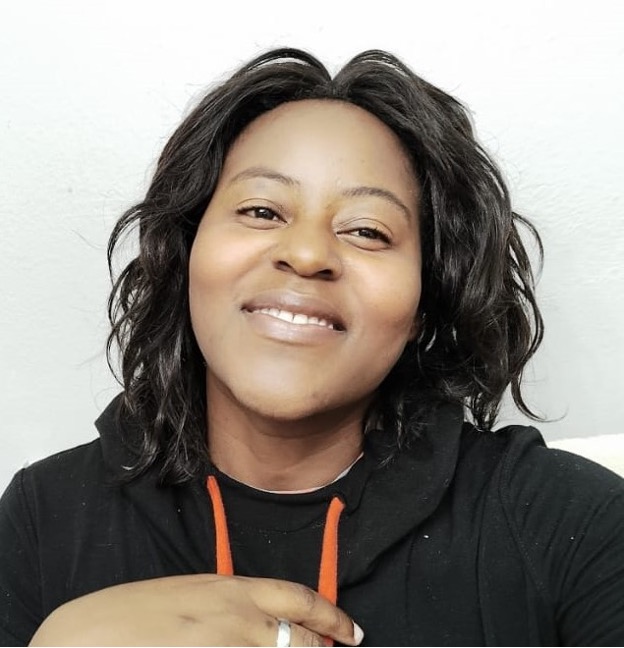by Kamila Kinyon
This spring, we will be publishing a series of spotlight articles about multilingual students at DU. These articles are based on interviews that Kamila Kinyon conducted about students’ memories of becoming multilingual, their connection to their heritage language, and their experiences at DU. This project is funded by a 4D Infusion Grant awarded for 2022-23 to Juli Parrish and Kamila Kinyon. We welcome this opportunity to celebrate DU’s multilingual speakers and writers.
Getrude Finyiza, an international student from Malawi, is working on an MA in anthropology with Dr. Alejandro Cerón. She came to Denver with her husband and their child, who is being raised bilingual. After she completes her degree, Getrude and her family plan on returning to Malawi, where she will pursue ethnographic research in epidemiology.
Getrude grew up in the south of Malawi, in Mangochi, but her parents are from Malawi’s central region. She therefore grew up with two native languages, Chichewa, Malawi’s national language originating from the central region, and Yao, the indigenous language spoken in the south. She is equally fluent in both languages and switches between them when speaking to family and friends. Getrude’s schools used both Chichewa and English: “We used to speak mostly Chichewa because anybody speaks it.” She notes that Yao is stereotyped as a less educated language, so it sometimes surprises people to hear her speaking it, but her family considers it a heritage language.
Being fluent in both Chichewa and Yao is central to Getrude’s ethnographic work in epidemiology. When doing an ethnographic project on HIV-Aids in Malawi, she had to translate the interview guide for her informants: “Some of my informants were not fluent in English, so I would interview people in Chichewa and then translate to English…Some people speak Chichewa, others speak Yao, others speak a bit of both. Speaking different languages really helped me in my fieldwork.” When she speaks to informants, she needs to come across as an insider, so they will speak openly with her. Multilingualism puts her at an advantage as an ethnographer since she can communicate with informants directly, without a translator: “When some students come to Africa to do fieldwork, they don’t speak the languages and need to hire a translator, but I just can do it on my own.” Multiple languages also are essential for disseminating the results of the research to people speaking different languages: “My interest is to do a lot of fieldwork in a lot of angles and in the future write some articles or books but in different languages that anybody can read. Like from English to Yao to Chichewa.” Writing ethnographic work in a way that the studied subjects can understand is essential.
As an international student, Getrude remarks that speaking American English, writing, and acclimating to a new culture can pose challenges, but she has successfully navigated U.S. university culture. This is her typical writing process: “I compose it in my native language and then put it in English…I write in Chichewa and then translate to English, or I think in my native language and then write it in English.” In terms of semantics, phrasing, and concision, there are important differences between English and Chichewa which make translation difficult: “When you think in Chichewa in a certain way it doesn’t always translate well into English.” However, as an international student at DU, Getrude feels well supported. Her professors invariably assure her that her grammar is great, which makes her proud.
When asked how DU could better support international students, Getrude remarked that she would like to feel better connected to other multilingual students, since she doesn’t know many. She also thinks it would be nice if DU would compile a comprehensive list of all the different languages that are spoken at DU. This would help students and faculty at DU celebrate the university’s diverse population while also showing the larger community the value that we place on multilingualism.

